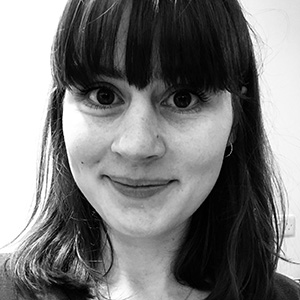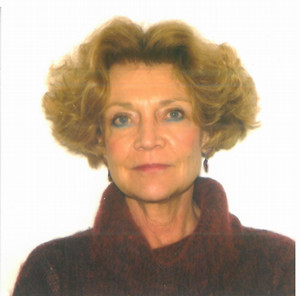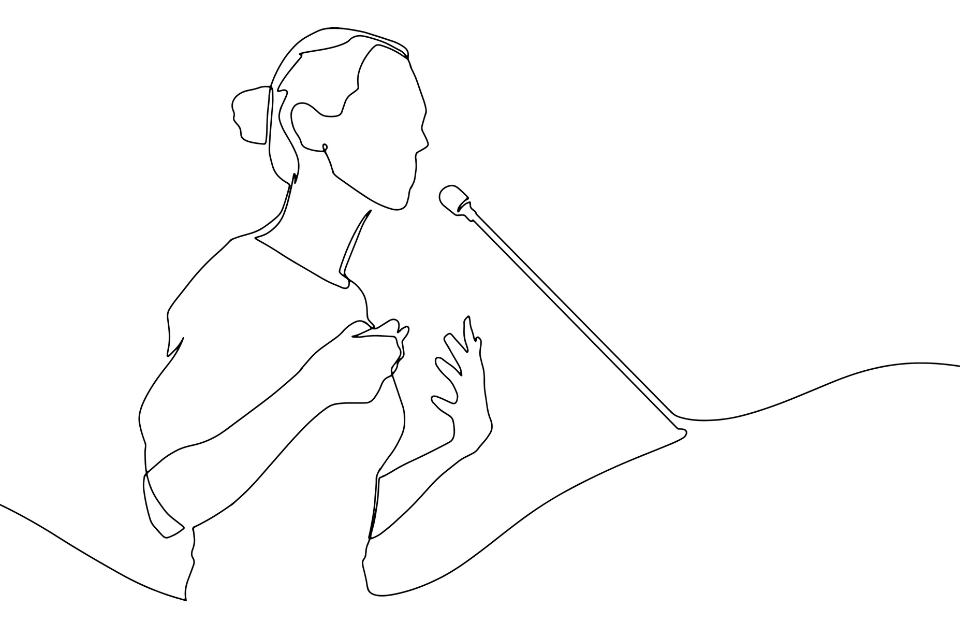Feminist Foreign Policy and Electing Women
About the Event
When Chancellor Angela Merkel (CDU) stepped down in 2021, Germans joked that people might not remember that guys could also become Chancellor. While Merkel rejected the term feminist, Annalena Baerbock (Greens), though unsuccessful as a candidate for chancellor, vowed to pursue a “feminist foreign policy” in her role as Foreign Secretary. Whether she has been able to live up to that pledge is another question. Just recently, a campaign was started to demand her resignation in light of the genocidal violence committed by Israel with German and American support in Gaza.
Ursula von der Leyen (CDU), a medical doctor and mother of seven, who became Germany's first woman Defense Minister after holding two other cabinet posts under Merkel, has just begun her second term as President of the European Commission; she has spoken out openly about her own experiences with experience of sexism.
Although women have held elected office in many countries around the world in recent decades, the United States still clearly lags behind, despite having witnessed three Secretaries of State (but no female Secretaries of Defense). Despite women’s demonstrated political leadership around the globe, sexism is alive and well, especially when it comes to formulating foreign, defense and security policies. In this webinar we brought together two scholars who study women’s role in politics, to discuss what a feminist foreign policy could and should look like.
About the Speakers
 Karoline Faerber (she/her/hers) is a PhD researcher at the Department of War Studies, King’s College London. She is interested in feminist foreign policy; diplomacy and race, class and gender; and everyday knowledge production in foreign policy. Her current research project explores how German feminist foreign policy is produced as it is, focusing on everyday practices of diplomats and other foreign policy practitioners in the German Federal Foreign Office. Karoline is a member of the Berlin-based Polis180 think tank. As part of this work and as an academic expert, she has provided expertise on Women, Peace and Security and feminist foreign policy to the German government. Her work has been published in International Studies Review, in addition to several book chapters, blogs, and media articles.
Karoline Faerber (she/her/hers) is a PhD researcher at the Department of War Studies, King’s College London. She is interested in feminist foreign policy; diplomacy and race, class and gender; and everyday knowledge production in foreign policy. Her current research project explores how German feminist foreign policy is produced as it is, focusing on everyday practices of diplomats and other foreign policy practitioners in the German Federal Foreign Office. Karoline is a member of the Berlin-based Polis180 think tank. As part of this work and as an academic expert, she has provided expertise on Women, Peace and Security and feminist foreign policy to the German government. Her work has been published in International Studies Review, in addition to several book chapters, blogs, and media articles.Find more information here: www.karolinefaerber.com
 Joyce Marie Mushaben (PRONOUNCE: MUS (like bus) – HAY (what horses eat)– BEN (big clock in London) received her Ph. D. from Indiana University in 1981. A Curators’ Distinguished Professor of Comparative Politics (Emerita) at the University of Missouri-St. Louis, she is now an Adjunct Faculty member in the BMW Center for German & European Studies at Georgetown University and serves on the International Advisory Board of Gender5 Plus, an EU-oriented feminist think-tank.
Joyce Marie Mushaben (PRONOUNCE: MUS (like bus) – HAY (what horses eat)– BEN (big clock in London) received her Ph. D. from Indiana University in 1981. A Curators’ Distinguished Professor of Comparative Politics (Emerita) at the University of Missouri-St. Louis, she is now an Adjunct Faculty member in the BMW Center for German & European Studies at Georgetown University and serves on the International Advisory Board of Gender5 Plus, an EU-oriented feminist think-tank.
Having spent over 18 years living and researching in Germany, her early work focused on new social movements (peace, ecology, feminism, anti-nuclear protests, neo-Nazi activism), German national identity and generational change. She then moved on to European Union developments involving women’s leadership, gender policies, citizenship, migration and asylum policies, Euro-Islam debates and comparative welfare state reforms.
